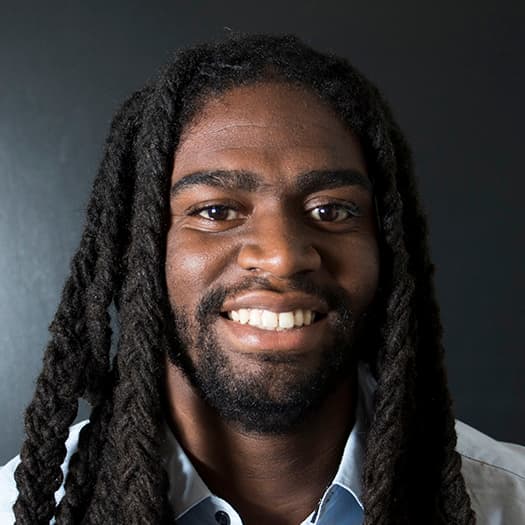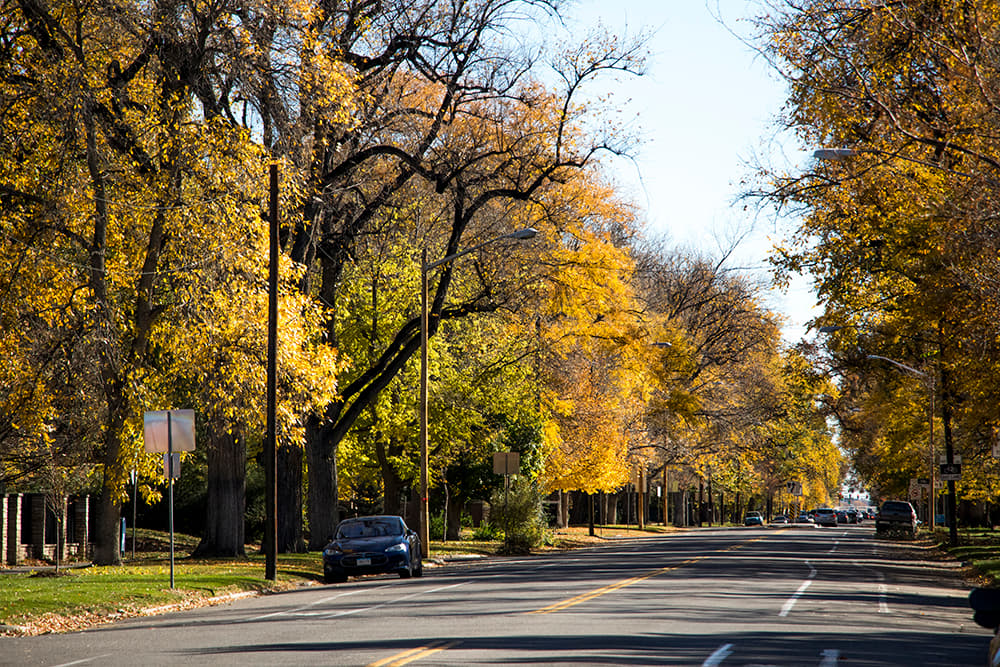Park Hill Orthodox Presbyterian Church, which was built in 1956, is moving and leaving an open plot of land where their church used to be on 3411 Albion St. in North Park Hill. You can guess what comes next: a fight over how to develop this newly open valuable piece of real estate.
Bruce O'Donnell, president of Starboard Realty Group, hopes to purchase the land, contingent on it being rezoned so he can build 22 townhomes on the site. Community leaders, like Imam Ali, executive director of the Northeast Denver Islamic Center and Blair Taylor, a neighborhood resident and city council candidate for district 8, don't like that plan, saying the neighborhood needs affordable housing. They say not only does this development not provide affordable housing, it would produce housing types that would not fit the current character of the neighborhood.
The rezoning won a 6-1 vote on Wednesday by the the Denver Planning Board and will now go through a series of smaller committees and eventually to the full Denver City Council for final approval in 2019.
The site sits in a prime location as it is less than a mile away from the A-Line and sits where two major, high-frequency bus lines operate. Several of the planning board committee members stated that they felt that this type of housing in this location would be a "missed opportunity" for the city. The board however, acknowledged that they frequently encounter missed opportunities in terms of housing, but their job is to determine whether the requested zoning changes align with city and neighborhood plans.
Developers can either provide a percentage of affordable housing within projects like this or pay a fee to the city that will contribute to the city's affordable housing fund. O'Donnell has opted to pay the development impact fee of $1.50 per square foot for multi-family housing as required by city ordinance.
"In this area of Park Hill, people are being displaced from their homes they've owned for decades and what's being added in Park Hill is not a diversifying housing stock," Taylor said. "What I mean by that is there's not a lot of families starting out or aging population residents moving into these homes because they are big and expensive.
"The money going to the affordable housing fund wouldn't be enough to put a down payment on one of these square homes."
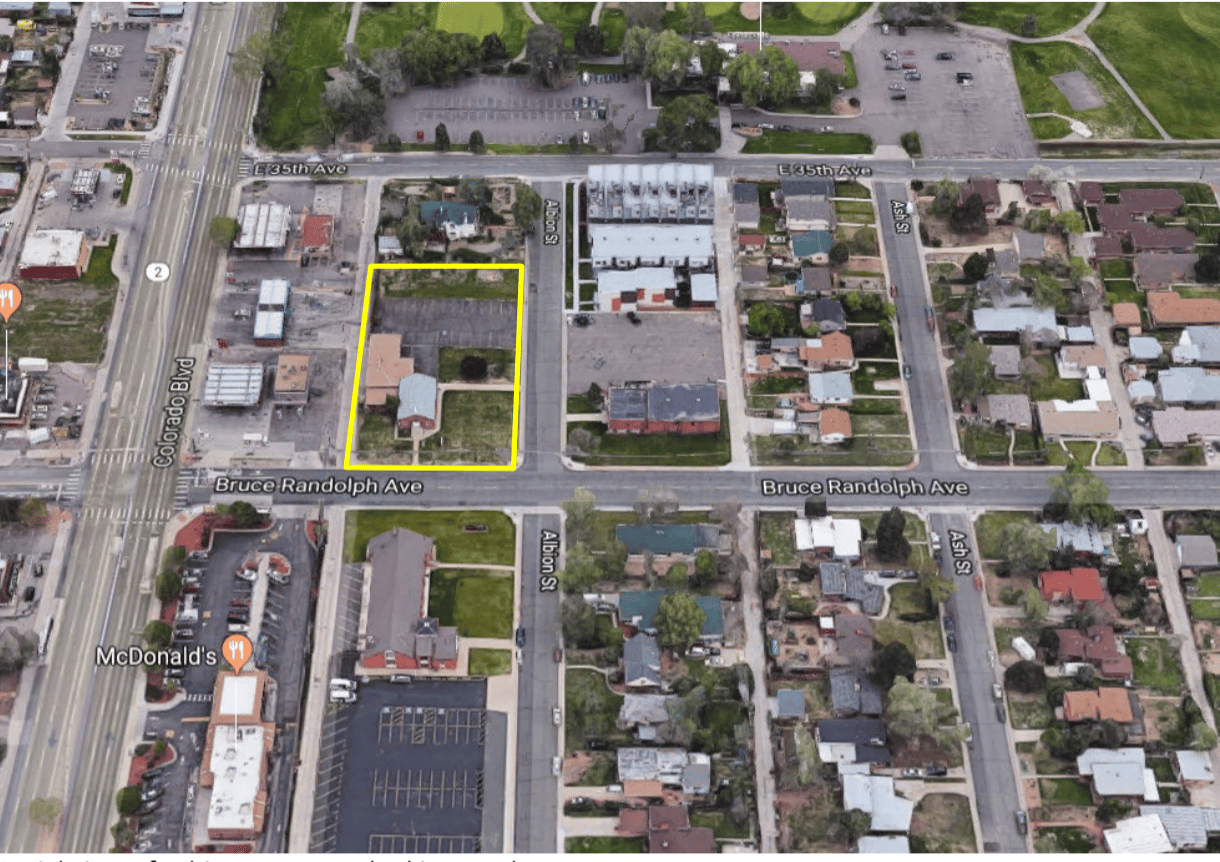
In a letter to the planning committee, the Northeast Park Hill Coalition listed concerns about the new development and asserts that it's out of step with a Blueprint Denver priority on a diversified housing stock.
O'Donnell argued that the plans are in step with the current plans for both the neighborhood and the city. He says the new townhomes fit with the new townhomes that were constructed just north of the available real estate. He noted the property's close proximity to transit and the fact that it is not embedded in the middle of the neighborhood, which is largely comprised of detached single-family homes.
Gentrification has hit the northeast part of the city especially hard in the last decade, and the city has identified this area as a neighborhood that is "vulnerable to displacement."
During the public comment period, neighborhood residents said that this latest rezoning attempt is one of many examples of gentrification coming to the North Park Hill area, a formerly a majority black and mixed-income neighborhood. Recently, there was significant concern about a land swap that many concerned residents felt left a public park in the hands of the developer down the street in the neighborhood on 29th and Fairfax. Taylor said neighbors are starting to become distrustful of the city, feeling that developers' desires are winning out over neighborhood needs.
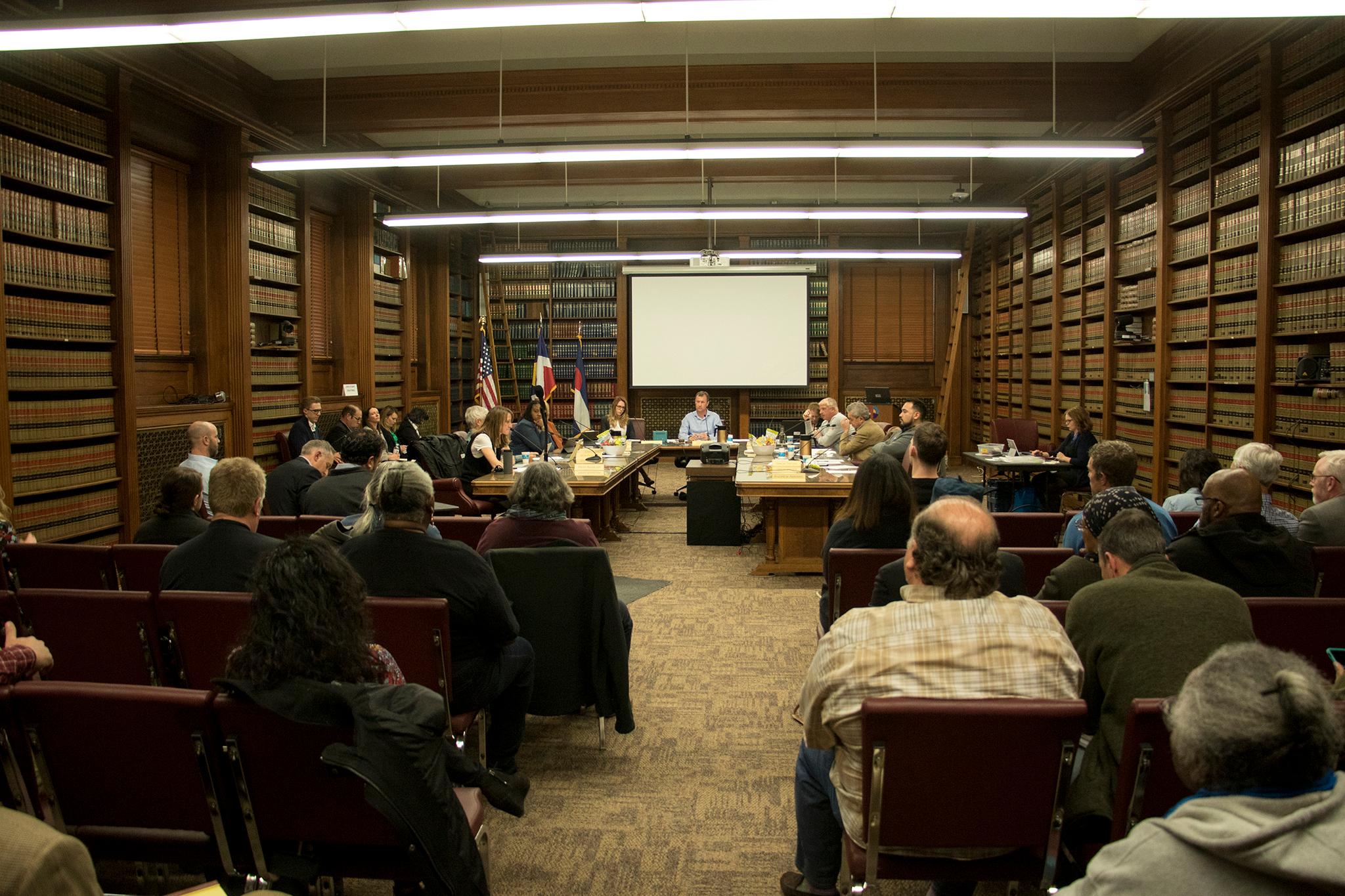
For some, this about much more than the type of housing coming to the community.
"A church, like a school, is a community building," Taylor said. "It's a community place. When you bulldoze that and you're putting in 122 townhomes, it's not like this is providing anything for the community anymore, it's just taking from it."
After expressing his concerns to O'Donnell about the project not providing affordable housing units, Ali, director of the mosque across the street from the proposed development, put together a proposal with an affordable housing developer that would incorporate affordable housing in the proposed development.
O'Donnell said affordable housing would not be a feasible solution for this development because it lacks the scale that would make affordable housing a profitable proposition. During the public hearing, O'Donnell said he understands the need for affordable housing in the area and would like to work with Ali going forward to create some type of solution.
Ali has been in talks with mayor Michael Hancock, and plans on continuing to apply public pressure in hopes of securing affordable housing on the site. He said during the meeting that the area needs housing that's representative of the history of the neighborhood and is "culturally responsive."
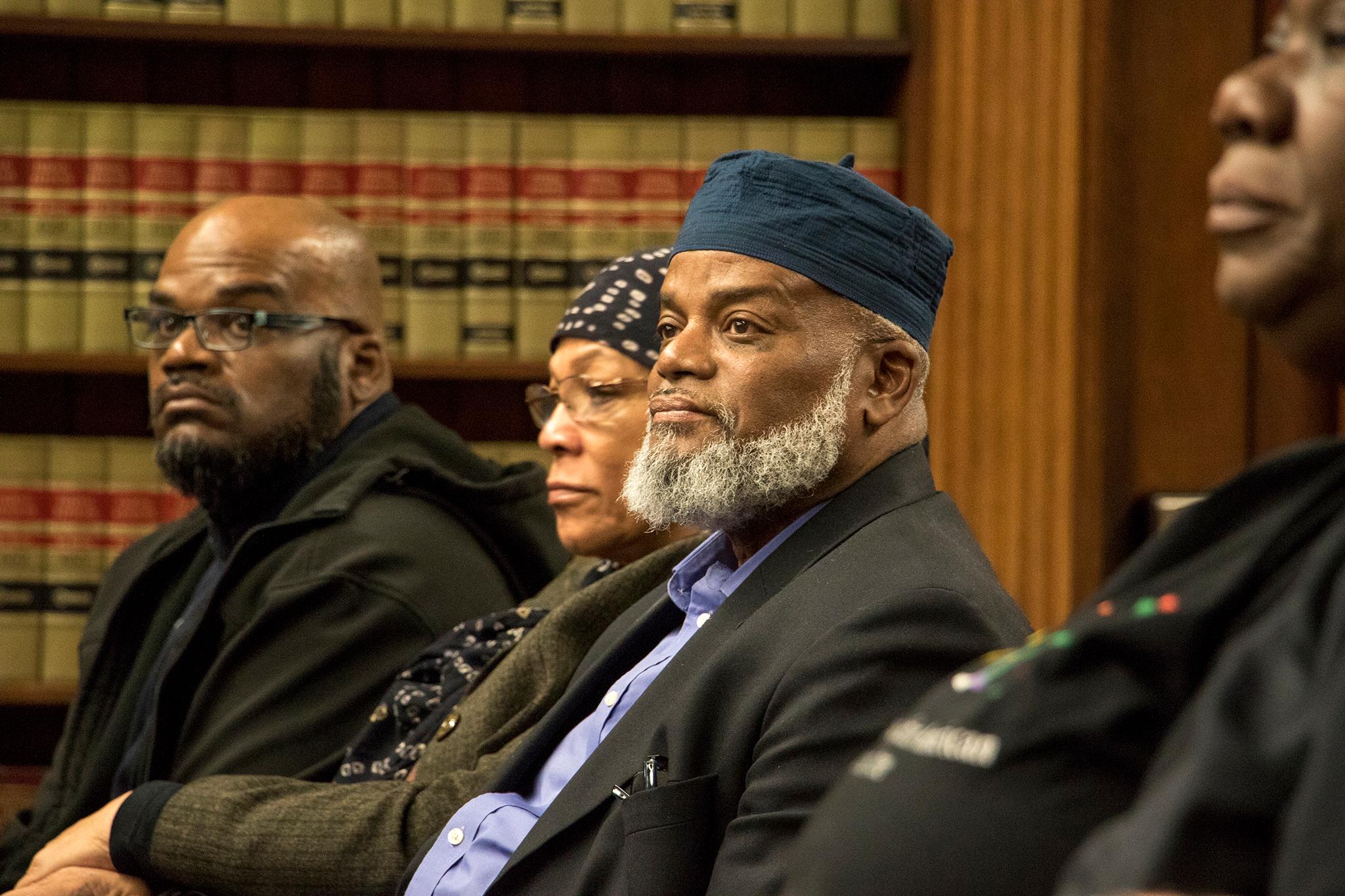
Ali says he has additional plans to create affordable housing on the adjacent parking lot owned by the mosque but will need a zoning change so they can build to the height they need of five stories.
"Right now we have over 1,000 people a month moving into Denver. Without affordability you're going to have a lot of people pushed out of the Denver area. We don't want that," Ali said during the public comment session.
